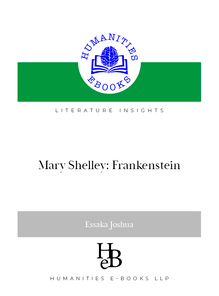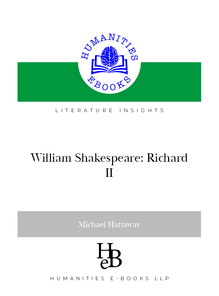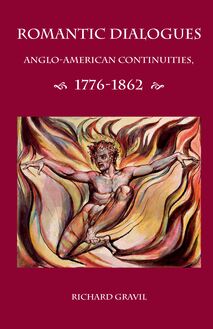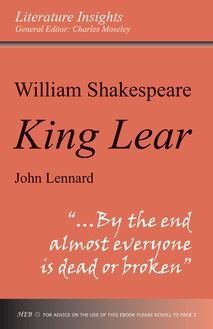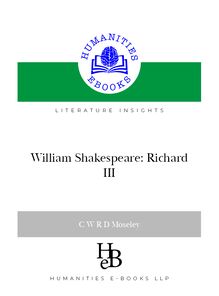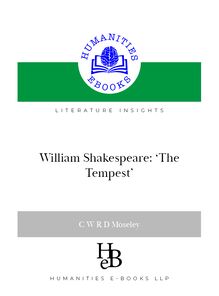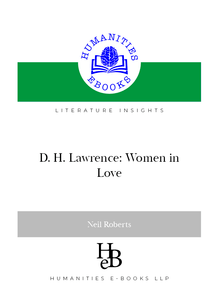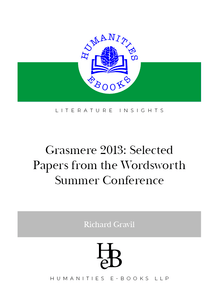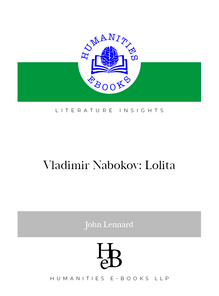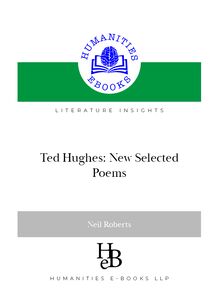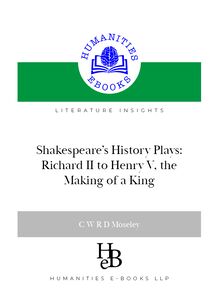William Wordsworth: Lyrical Ballads (1798) with some poems of 1800 , livre ebook
106
pages
English
Ebooks
2021
Obtenez un accès à la bibliothèque pour le consulter en ligne En savoir plus
Découvre YouScribe en t'inscrivant gratuitement
Découvre YouScribe en t'inscrivant gratuitement
106
pages
English
Ebooks
2021
Obtenez un accès à la bibliothèque pour le consulter en ligne En savoir plus
Publié par
Date de parution
11 janvier 2021
Nombre de lectures
3
EAN13
9781847600097
Langue
English
Poids de l'ouvrage
2 Mo
Publié par
Date de parution
11 janvier 2021
Nombre de lectures
3
EAN13
9781847600097
Langue
English
Poids de l'ouvrage
2 Mo

